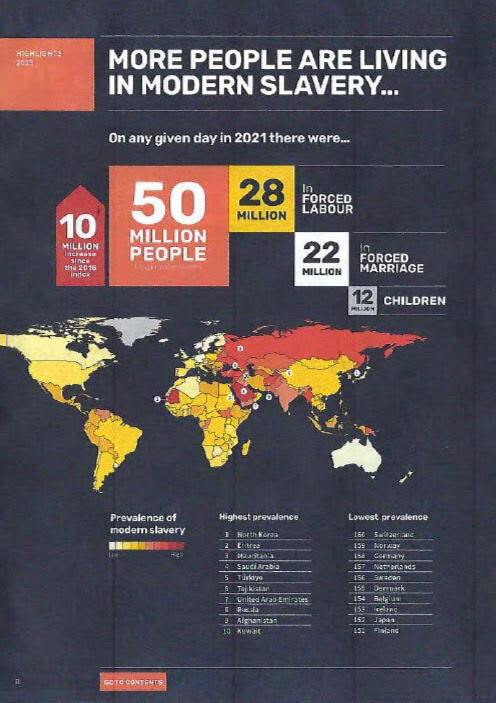Australia Works to Combat Modern Slavery
This week Australia held a conference on ending modern slavery. The conference was designed to identify mechanisms that can build both cross-border and cross-sector collaboration to negate the different forms of modern slavery, as well as deal with its effects. It was a reflection of how serious the Australian government views this issue that both…










